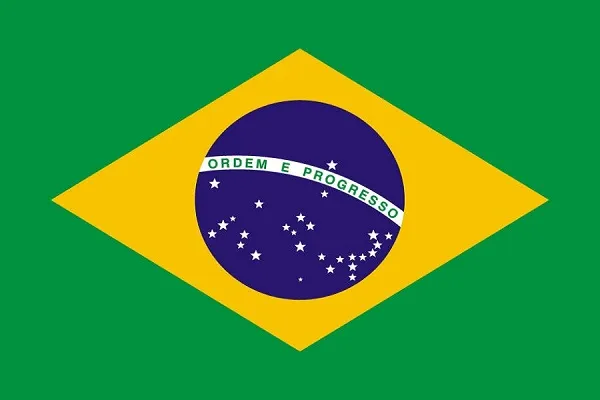Odair Rodrigues, founder of B4, had already expressed an optimistic outlook regarding the approval of the bill, especially with the adjustments made to the agricultural sector, which drives a significant percentage of the carbon market.
Yesterday (September 4th), the Senate’s Environment and Sustainable Development Committee unanimously approved Bill 412, which regulates the Brazilian Emission Reduction Market (MBRE), commonly known as the Carbon Market. The text, now moving to the House of Representatives, mandates that activities emitting over 10,000 tons of greenhouse gases must report their emissions, and those emitting more than 25,000 tons will need to provide some form of compensation. Additionally, the bill includes adjustments for the agricultural sector, which will still be required to measure its carbon footprint.
In this context, B4, Brazil’s first carbon credit exchange, is celebrating, as companies will need to measure their carbon footprint to address the climate crisis and help slow down climate change. “With the regulation of the market, the definition of standards for verifying and measuring greenhouse gas emissions will be even more efficient and clearer. This is crucial to prevent duplications or even attempts at false sales of carbon credits,” says Odair Rodrigues, the company’s founder.
According to the CCS Brazil Annual Report, the country has the potential to capture about 200 million tons of carbon annually, which represents 12% of the nation’s total emissions. Moreover, the Amazon rainforest on Brazilian soil gives the country the opportunity to be compensated for preservation efforts.
“Given Brazil’s potential to support sustainable projects, especially because of our forest and biodiversity, we have the ability to attract investments and even create jobs in sectors like renewable energy and energy efficiency, for example. When I talk about supporting sustainable projects, I mean that companies with global goals to reduce carbon impact by investing in sustainable projects will also profit,” notes the B4 founder.
With the regulation of the carbon market in Brazil, two markets will emerge: the voluntary and the regulated market, which will mainly address major polluters. For the voluntary market, carbon credits represent a promising business. It is in this scenario that B4 stands out, offering to act as a facilitator in the trading of assets.
Through blockchain technology, B4 offers a solution that tokenizes assets, meaning carbon credit records are immutable, preventing credit duplication and ensuring a transparent and secure environment.
“B4 was created specifically to act as a facilitator in this carbon credit market, which is extremely valuable and growing rapidly, not just in Brazil but globally. We expect the company to handle up to R$12 billion in carbon credits in its first year. That’s why national regulation of this market is so important to us and to all companies and organizations genuinely concerned with global sustainability,” concludes Odair Rodrigues.
About B4
B4 is the first Brazilian climate action exchange, offering a secure, immutable, and inclusive environment where transactions can be tracked in real-time. B4 contributes to mitigating environmental impacts by promoting sustainability and providing a reliable solution for participants in the carbon credit market.
More information
Press: press@starten.global | gabriela@pautei.com
Official website: https://b4.capital/






